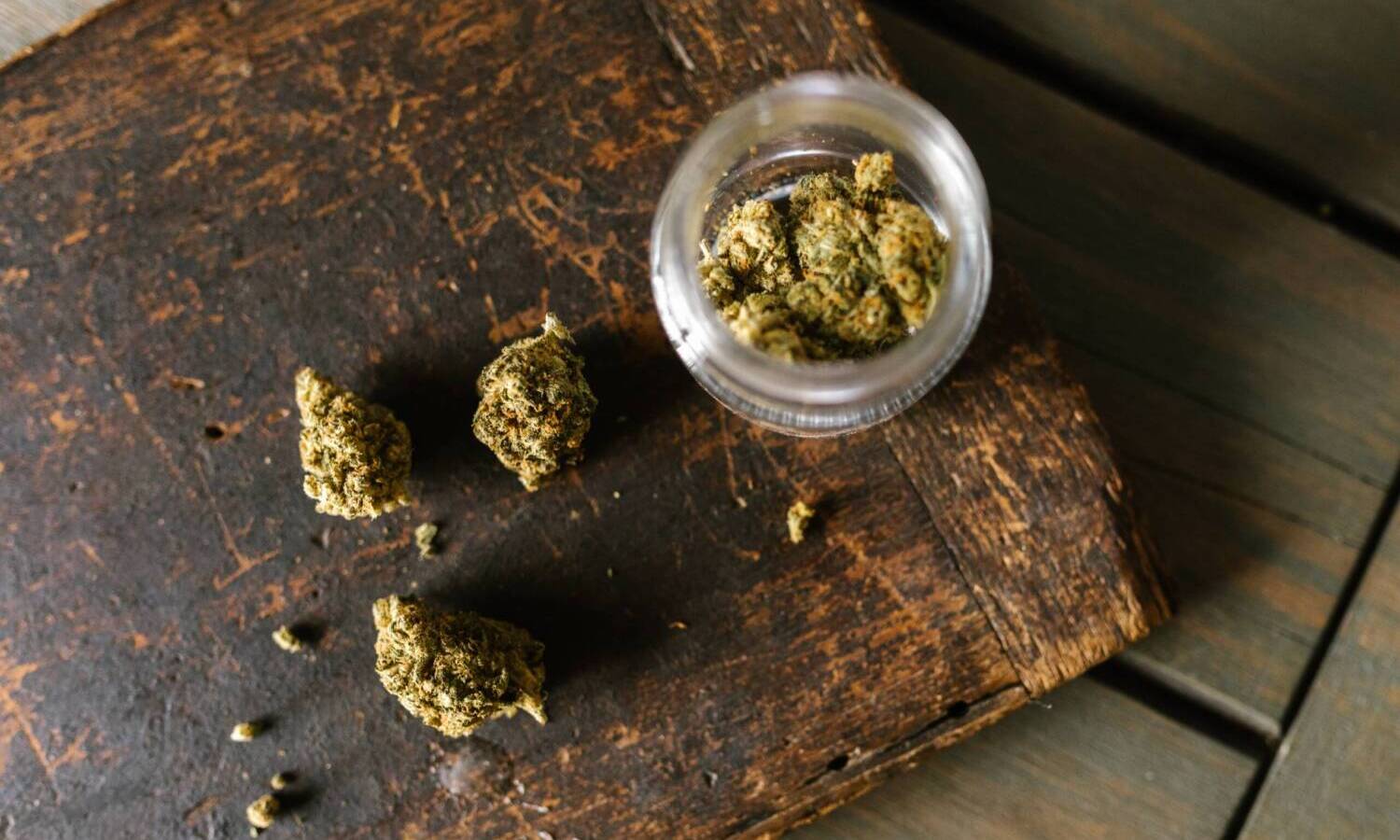
Asking a Friend: How Long Does Marijuana Stay in Your System?
This article originally appeared on Cannabis.net and has been republished with permission.
The length of time it takes for weed to be detected in urine and other parts of the body is very important for a number of reasons. While it’s very understandable that the war on drugs and cannabis is beginning to wane, that doesn’t mean the coast is entirely free. There are numerous workplaces where employees are required to undergo regular and random drug testing. A large number of such drug tests are designed to flag THC in marijuana, which could lead to awkward problems for those involved.
As with a variety of other drugs, numerous factors can greatly affect how long marijuana stays in the body.
Photo by VICTOR DE SCHWANBERG/Getty Images
Metabolism of weeds in the body
When marijuana is introduced into the body, there are numerous biochemical activities that occur prior to the notable psychoactive and physical effects. The main components of the natural herb that cause these effects are called cannabinoids. Tetrahydrocannabinol (THC) and cannabidiol (CBD) are the two popular cannabinoids responsible for the effects. You will also be tested when drug testing is done, especially THC.
After marijuana is ingested, THC is absorbed into various body tissues and organs such as the heart, brain, and adipose tissue. This is because it is fat-soluble, meaning it binds easily to the body’s tissues and organs.
The portion of THC that is not absorbed and stored is metabolized in the liver into two different metabolites: 11-hydroxy-THC and carboxy-THC. After metabolization, these metabolites are excreted in the urine. The percentage of THC stored in the body’s tissues and organs returns to the bloodstream over time and is then transported to the liver, where it is broken down into the two metabolites and excreted.
This process of metabolizing THC forms the basis of various drug testing measures for cannabis. It takes into account the different residence times of weed in different components of drug tests such as urine, saliva, hair and blood.
How long does weed stay in your system?
Using urine is the most common sampling method used to detect the presence of marijuana in people. The general retention time of weed in urine can range from 1 to 30 days after last use. However, this range depends on the type of user being tested, as different users fall into different regions of this rage.
For the occasional user who only uses the natural herb up to three times a week, weed is likely to be spotted up to three days after last use. For moderate users using the natural herb four times a week, the detection can be anywhere from 6 to 7 days.
RELATED: How long will you be high? Here are some things to consider
The two user groups previously addressed are still within reasonable time limits, making it easier for them to pass a drug test. The next type of user has a harder time and requires more care and work to beat such drug tests. Chronic users who consume weed daily are likely to have detectable weed in their urine 10 to 15 days after their last consumption. Chronic heavy users are those who use marijuana multiple times a day. For this category of users, weed is detectable in their system more than 30 days after last use.
RELATED: How Long Do Marijuana Edibles Stay in Your System?
Other sampling techniques for in-body drug testing include hair, saliva, and blood with varying detection times. Hair follicle tests have the longest periods, with drug use being detectable for up to 90 days. Saliva testing is only useful if the weed has been smoked or ingested. Occasional use is detectable within 1-3 days, while chronic use is detectable up to 29 days. Blood tests are useful for detecting recent weed use, as weed is detectable within seconds of ingestion or inhalation. The reabsorption and redistribution of grass allows it to be detectable after 25 days.
 Photo by RODNAE Productions from Pexels
Photo by RODNAE Productions from Pexels
Factors that affect how long weed stays in the urine
There are numerous factors that affect how long weed stays in the urine and other sampling parameters. Here are some of the most important factors.
- THC amount in marijuana: Some cannabis strains have a higher THC percentage than others. This, along with the amount of marijuana ingested, can affect how long weed stays in your urine. The higher THC percentage and high dose increase detection time.
- Duration since last use: The last use of the natural herb resets the clock for a detection period, regardless of the frequency of use and the amount used.
- THC Metabolism of the Consumer: Due to different characteristics, some people are rapid metabolizers while others are slow metabolizers. This can change how long weed stays in your urine.
- Frequency of use: Occasional users will certainly have a shorter acquisition time compared to regular users who use the natural herb several times a day.
- hydration level
What to do before a drug test
There are a number of tips on what to do for weed detox remedies. The simple truth is that the body has yet to break down the herb naturally. However, when a drug test is due, there are a few things you should do.
First, note the suggested date of testing and calculate the last time of use required for detection to know when to stop using. Proper physical activity such as exercise combined with a healthy diet and hydration will speed up the degradation process.
bottom line
How long and how much weed you’ve used are factors that affect how long weed stays in your urine. That’s why it’s important to keep this in mind whenever a routine drug test is coming up.
This article originally appeared on Cannabis.net and has been republished with permission.

Post a comment: